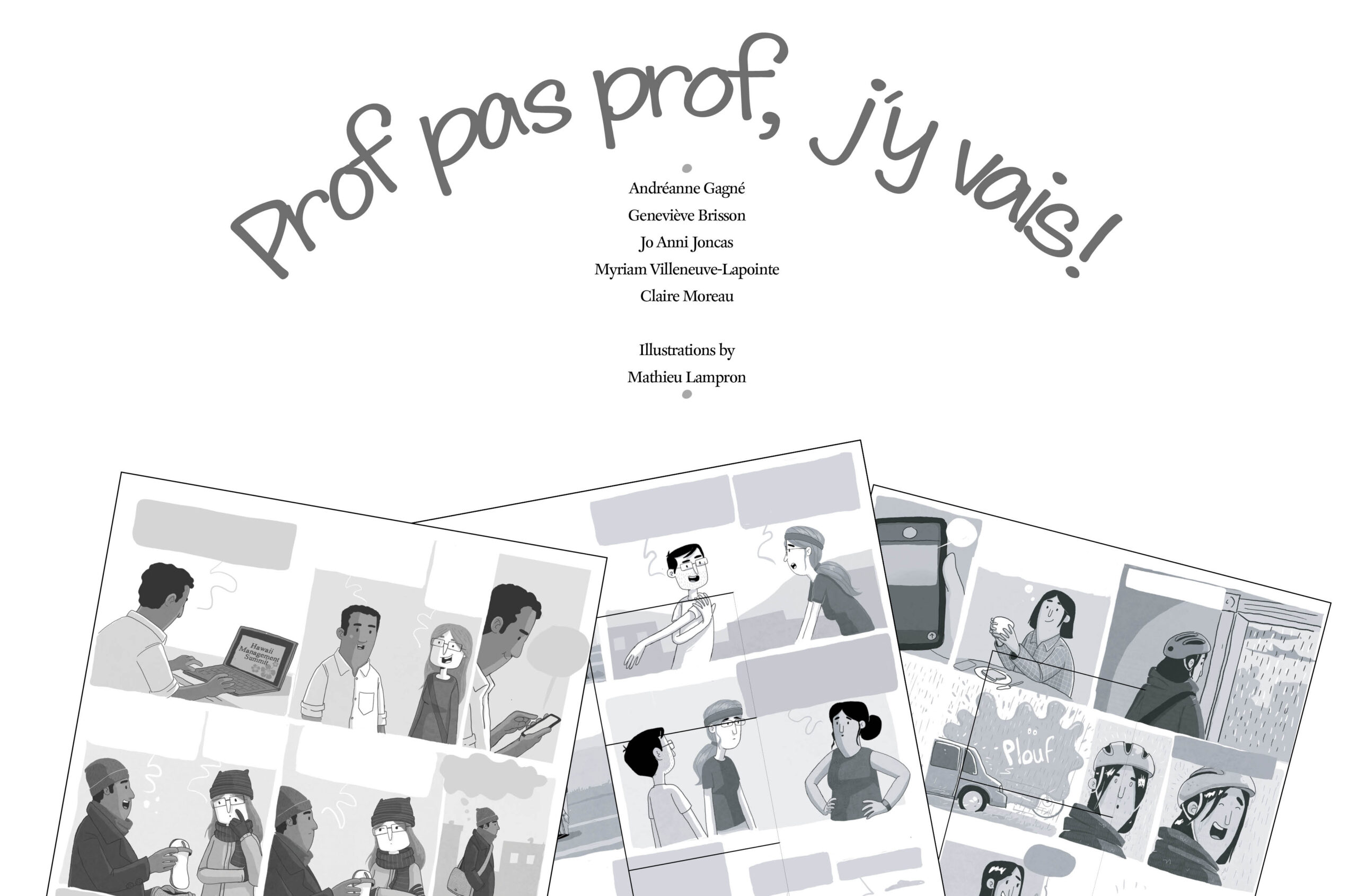As journals proliferate, what happens when we can’t find enough peer reviewers?
While a fee-for-service system may be justified in a world where transactional exchanges of time and money are commonplace, academic publishing seems to sit outside this because the incentives are not solely monetary.

One of the great frustrations that has been expressed by academics across the world is that “for-profit” publishing houses make money off academics who create and review the work, without any of the money returning to those scientists. This has prompted some to call for sharing the profits by paying peer reviewers of manuscripts. Much debate has ensued.
In a recent article by Shawna Williams in The Scientist (Scientists, Publishers Debate Paychecks for Peer Reviewers), the arguments for and against paid peer review are laid out very well. They range from the common model of “academic duty/responsibility” through to the consultancy style “fee for service” that should be expected in cases where publishing houses are “for-profit” entities. At a recent conference (Researcher to Reader), a debate was held between several leading figures in the peer-review world, and the arguments were laid out for both sides. Here, it becomes clear that people have vivid imaginations of the potential consequences, but no real data to support one way or the other. That’s because the vast majority of journals do not currently pay people to do peer review and we cannot really know how a new incentive would change things.
What is also included in Ms. Williams’ article, however, is a presentation of survey data from Publons, the main website for tracking academic service in relation to peer review. Twelve thousand respondents were asked about incentives for peer review, and compensation failed to top the list. Rather, it was more common to hear about recognition for the service (i.e., institutionally, by funders, etc.) and getting asked to review things that more directly aligned with their interests.
In my mind, reviewing manuscripts is part of our job as academics. We are meant to be the quality control mechanism that ensures our field is not polluted with poorly designed or poorly interpreted experiments or research findings. Payment for this service runs a real risk of people doing the job for extra cash rather than taking their responsibility seriously.
So, we find ourselves in a funny situation: people are legitimately angry at profits being generated on the back of an overworked academic workforce, but the proposed solution (paying academics per review) would not actually incentivise them to do the work in the first place. For me, it is therefore important to consider solutions in the context of the problems, and several thoughts emerge:
- Too many requests, not enough time. One of the main complaints of overworked peer reviewers is the volume of requests they receive and the social compulsion to say “yes” (particularly among early career researchers who feel they cannot say “no”). While one option would be to compensate them for the time, another would be to reduce the number of requests. Some papers end up being reviewed by 10-plus reviewers at different journals before finally being accepted. It is clear that such papers cause an enormous, and often unnecessary, burden on peer reviewers. Some journals have begun to permit the transfer of reviews, but it is often only done within a “journal family.” More of this between journals, and maybe a question of “has this paper been externally reviewed before and are you willing to share those reviews?” from more journals would be positive steps. Also of interest was a recent article from Cell press around improving the diversity of the reviewer pool, since in 2018, “only 18 per cent of [their] reviewers were female, and 67 per cent of [their] male reviewers were from the United States.” If the complaints of too many requests are coming from a cadre of senior white male academics, do we really want to set up a system that pays them even more? Perhaps the best service overworked peer reviewers can provide is to say “no” more frequently and recommend qualified reviewers that might not be on the top of everyone’s list.
- No credit for reviewing. A common refrain from people is that there is no recognition (beyond personal pride) for those who do their duty of maintaining standards in academic literature. Here, Publons offers tracking of peer review, which is a positive step. But until institutions start looking at such records in performance reviews, promotions, etc, it does not actually benefit the reviewer very much. Organizations need to figure out how to fairly track and reward academic service, as it is critical to keeping the scientific record as accurate as possible.
- The big publishers make too much money. One of the main counter-arguments to paying people for peer review is that the big publishing houses would simply find another way to pass on the cost (i.e., increased article processing charges), which would result in money leaving grants or institutions for the benefit of individual scientists (not to mention the additional costs of establishing a global micro-payment system to pay reviewers). If academics are concerned about profit margins, getting paid by publishing houses won’t actually help the system very much. Rather, academics should lobby publishers to lower article processing charges and/or reduce open access fees and refuse to review for the publishing houses that have unfavourable policies.
What happens when nobody wants to do it?
If Cell, Science or Nature comes rapping on the door, editors will almost certainly not encounter the problems finding people willing to peer review. But what about smaller journals who often struggle to find sufficient reviewers? Notably, this is a problem that is not unique to journals, but is also commonly felt by funding organizations (where paying for peer review is much more commonplace). As an aside, however, making a bad funding decision is much less damaging (or permanent) than getting a paper review wrong, where the evidence stains the academic record.
So, in a world where journals cannot pay reviewers, how do they get articles reviewed if everyone is too busy? In many cases, the answer lies in a much broader canvassing of peer reviewers in the hopes that one in 20 (or even fewer) may say yes. This can create a real problem of being unable to source relevant expertise. I’ve experienced this personally from both review requests made of me (in fields where I am not an expert). and from papers I’ve had reviewed in which a non-expert must have said “yes”, and these come regularly from journals with mid-level impact factors (>10).
At the end of the day, we need to have a publishing system that ensures academic integrity and open access above all else. While a fee-for-service system of peer review may well be justified in a world where transactional exchanges of time and money are commonplace (especially in areas where supply and demand forces are in play), academic publishing seems to sit outside this because the incentives are not solely monetary. Rather, we need to find better ways of recognizing and rewarding the stewards of our literature in order to embed peer review as a critical and valuable component of what it means to be an academic (similar to how teaching, research, or other forms of academic services are ascribed values). Should publishing houses be making big profits from academic papers? Absolutely not. And it is these publishing houses that should be called upon to ensure that articles are made free to the world and that article processing charges are not exorbitant. Paying academics to peer review papers will not solve this problem and may indeed make the entire system more costly and less efficient.
Featured Jobs
- Human Resources and Organizational Behaviour - Lecturer, 2-year termUniversity of Saskatchewan
- Architecture - Assistant ProfessorMcGill University
- Creative and Cultural Industries - Assistant Professor (Fashion Studies and Cultures)Chapman University
- University LibrarianYukon University
- Research Chair in Systems Transformation and Family Justice (Faculty Position)University of Calgary













Post a comment
University Affairs moderates all comments according to the following guidelines. If approved, comments generally appear within one business day. We may republish particularly insightful remarks in our print edition or elsewhere.
1 Comments
Dr. Kent states: “Should publishing houses be making big profits from academic papers? Absolutely not.” I have a couple of responses to this:
1) How much profit from academic publishing are the publishing houses actually making? I for one have seen lots of opinions elsewhere, but little evidence.
2) If publishers’ profits are to be curtailed, who is going to pay? Because SOMEONE always ends up paying if you want a quality product with decent production values. Open Access charges are more than a lot of academics can afford. I for one have always published in journals that have free or low page fees for that reason.
Regarding the related question of not enough reviewers, here’s a provocative answer: Publish less. One could argue that a lot of publications are responding to the prevailing publish or perish model driven by tenure and promotions committees and the major granting organizations. These are perverse incentives, and would obviously have to change a lot before academics would feel comfortable voluntarily publishing less.